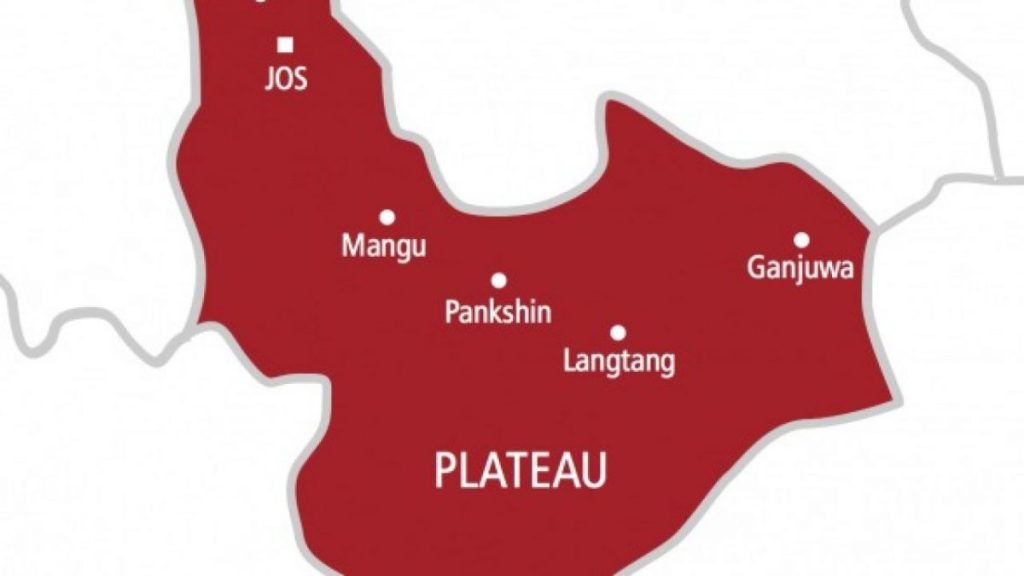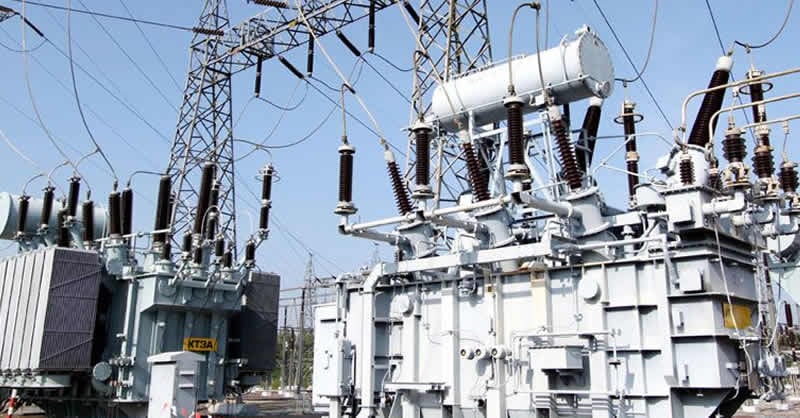Israel announced Friday that it had killed Ibrahim Aqil, the commander of Hezbollah’s elite Radwan unit, in an airstrike in Beirut. Lebanese officials confirmed that the strike left 12 dead and dozens wounded in the southern suburbs, a Hezbollah stronghold. Aqil, also wanted by the United States for his role in the 1983 bombing of the US embassy in Beirut, was the second senior Hezbollah commander killed by Israel since the war in Gaza began, following the July assassination of Fuad Shukr.
According to the Israeli military, the targeted strike also eliminated about 10 senior Radwan commanders. The Lebanese health ministry reported that the strike killed 12 and injured 66 others.
AFP journalists at the scene described extensive damage, including a massive crater and gutted lower floors of a high-rise building. Hezbollah has not officially confirmed Aqil’s death, but the group responded by launching rockets at an Israeli intelligence base, accusing it of orchestrating “assassinations.”
The United States had previously offered a $7 million reward for information leading to Aqil, whom it held responsible for the 1983 bombing that killed 63 people.
Intensifying Border Clashes
This escalation in the Israel-Hezbollah conflict comes after months of near-daily clashes along the Israel-Lebanon border, with casualties mounting on both sides. Hezbollah fighters and Israeli troops have been engaged in battle since the October 7 attack by Hamas, which sparked the ongoing war in Gaza. The conflict has killed hundreds in Lebanon, primarily fighters, and forced thousands of civilians to flee their homes.
On Tuesday and Wednesday, Hezbollah operatives were hit by unprecedented explosions of communication devices, killing 37 and wounding thousands. Hezbollah has blamed Israel for the attacks, though Israel has not commented. Hezbollah leader Hassan Nasrallah vowed retaliation for the blasts.
Regional Tensions and International Concerns
The border tensions have sparked fears of a broader war in the region. Residents in southern Lebanon, particularly in Marjayoun, have been subjected to intense bombardment, with civilians describing the attacks as some of the worst since the clashes began.
International mediators are working to prevent the Gaza conflict from spreading further. US Secretary of State Antony Blinken urged restraint from all sides, emphasizing the need to avoid actions that could escalate the war beyond Gaza.
Israel’s military offensive in Gaza, launched in retaliation for Hamas’s October 7 attack, has claimed over 41,000 lives, primarily civilians, according to Gaza health ministry figures. The United Nations has deemed these figures reliable. On the Israeli side, the conflict has resulted in over 1,200 deaths, with 97 hostages still held in Gaza.



